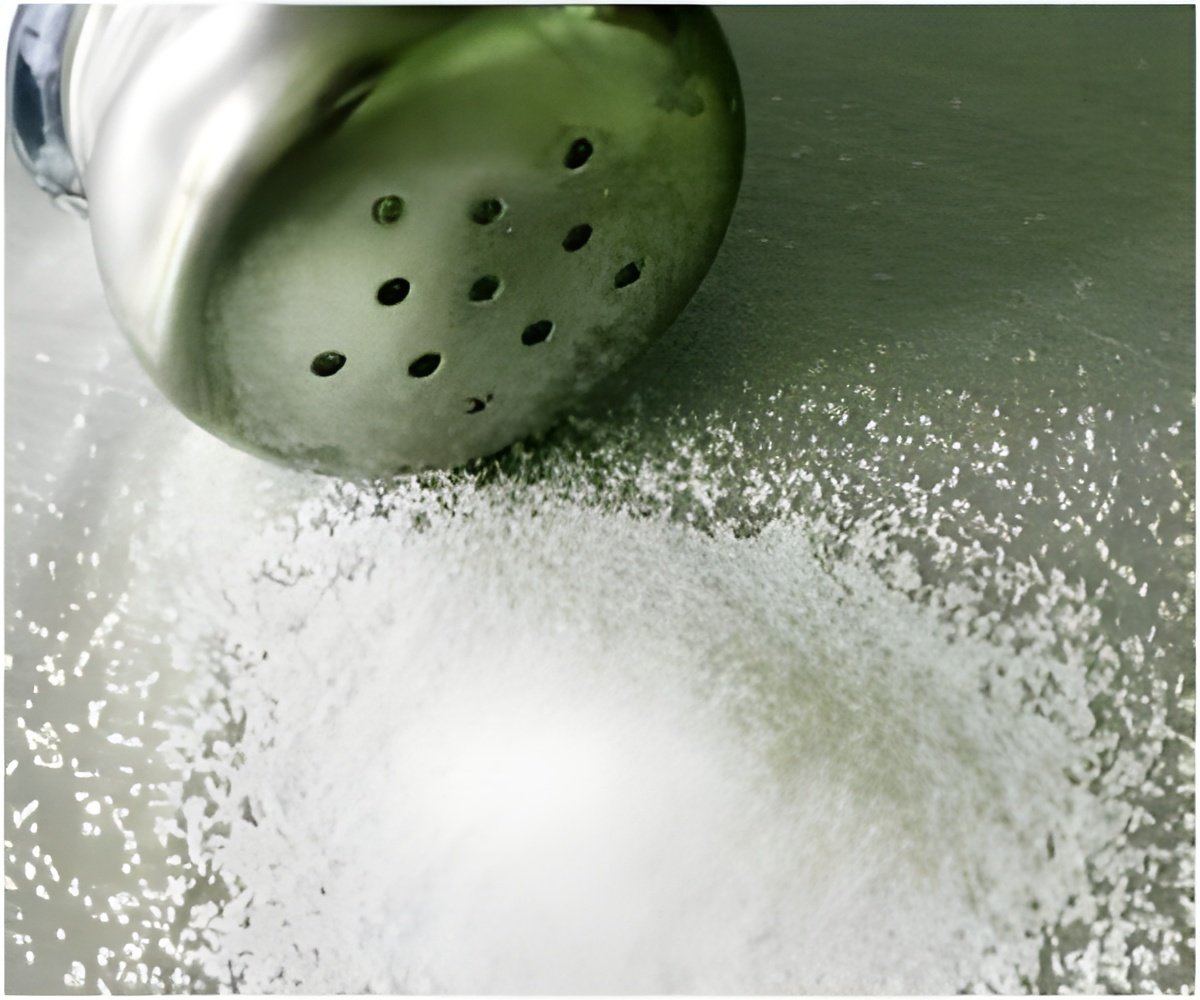New research suggests that using an electronic monitoring device may help heart failure patients and their families stick to a low-salt diet.

In the three-month trial of 15 patient-caregiver pairs:
- The intervention group of eight patients received 12 weeks of self-care education for heart failure with gradual adaptive strategies in salt intake. Participants said the device was easy to use and helped them maintain a low-sodium diet. Some said they enjoyed their low-salt diets more and 90 percent noticed a change in their ability to taste salt in their food. Caregivers reported no increased burden due to the program.
- The usual care/control group of seven patients didn't change behavior.
Source-Eurekalert








